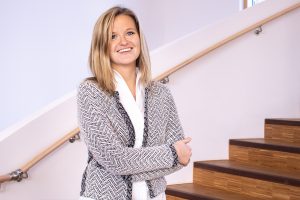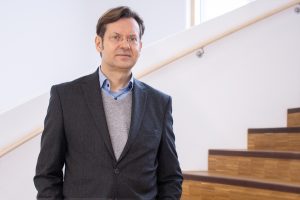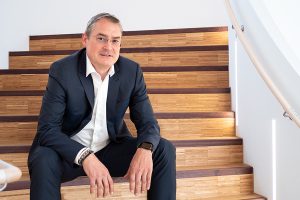SOCIALISATION AND LIFESTYLE IN BUSINESS FAMILIES
Psychosocial development over the lifespan of people can be differentiated into different stages of development, which illustrate that this is a lifelong process. This development is explained in psychology and the social sciences using different stage models and cycles. Here, the challenges associated with the respective stages or cycles are assessed as a psychosocial crisis that people and their families have to deal with. Successfully overcoming the respective phase of life leads to the resolution of the crisis it contains and at the same time forms the foundation for the next stage of development. Consequently, experiences made are used again in the course of development. The way in which tasks or crises are solved shapes the individual personality.
The significance of the presence of a family business throughout the entire life span on the psychosocial development of the members of a business family is examined more closely in this research project. The focus is on clarifying to what extent the tasks, crises and development processes within a business family can be assigned to the respective development phases or cycles and in what form this influences the development of the individual.
In this project, the particular influence of the family business on the psychosocial development of family members is to be systematically researched, described and explained, taking into account the co-evolution of family and business. The methodology of qualitative social research will be used to collect data for this study. In interviews with members of business families in different phases of life, the aforementioned development phases and tasks as well as crises will be addressed. The subjective perception of the individual development tasks and the experience of the different development phases are the focus here. These data will be verified and expanded by means of a quantitative follow-up study.
The aim is to work out an entrepreneur-specific life phase model from the data obtained, which describes the lifestyle of a business family in a differentiated way. Such a model can provide support in practice, for example, to successfully manage system-specific development tasks.
The project is transdisciplinary and combines the disciplines of social psychology, social pedagogy, sociology and business administration.
Project participants: Dr. Caroline Heil, Prof. Dr. Heiko Kleve and Prof. Dr. Tom Rüsen








